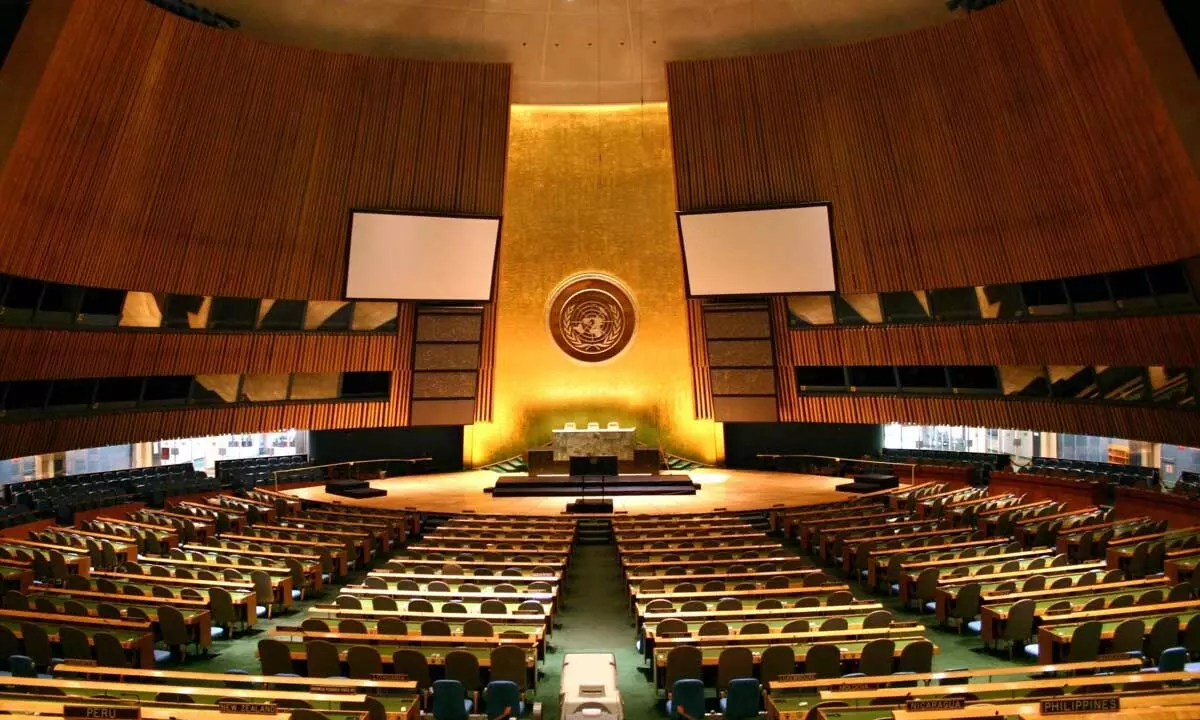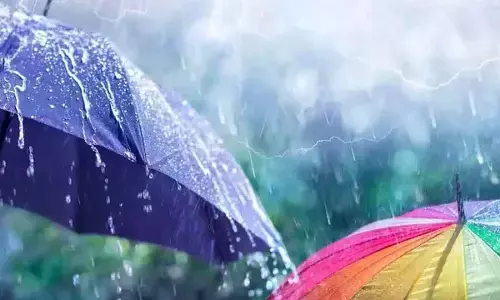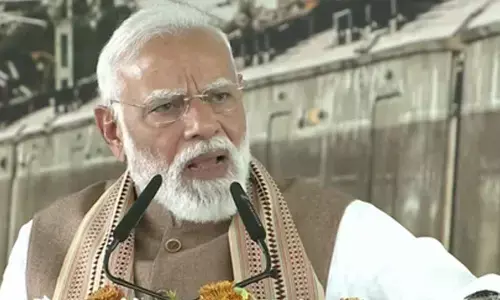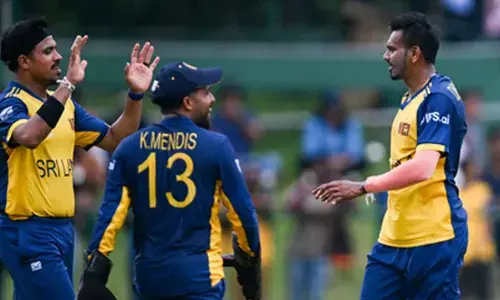Nuclear war risk reaches tipping point

On December 23, 2017 the United Nations General Assembly (UNGA) adopted a resolution (113 in favour, 35 against, and 13 abstaining) to initiate global negotiations on a treaty that prohibits nuclear weapons
On December 23, 2017 the United Nations General Assembly (UNGA) adopted a resolution (113 in favour, 35 against, and 13 abstaining) to initiate global negotiations on a treaty that prohibits nuclear weapons. Seven years on, instead of any progress on the issue, one finds countries still scrambling to amass nuclear weapons in a bid to terrorise rivals or deter their attacks. The UN treaty was intended not only to push for nuclear nonproliferation but also ban biological and chemical weapons, landmines and cluster munitions. The driving force behind the collective opinion of the UNGA was the realisation of the apocalyptic effect of these weapons.
It perplexes commoners’ minds as to why the nations hanker after nuclear weapons despite the huge, blood-curdling humanitarian consequences of nuclear weapons post the bombing of Hiroshima and Nagasaki in 1945. By comparison with today’s WMDs, those bombs are considered very basic. Since 1997, when the International Court of Justice expressed its opinion on the matter, efforts were made by civil societies, nations like Costa Rica and Malaysia, Red Cross, to impress upon the UNGA on the need for any global treaty, but with little effect. The situation has come to such a pass that a single nuclear detonation may set off unimaginable consequences in these precipitous times.
An article in Nature published in 2022 warned of global food insecurity and famine from reduced crop, marine fishery and livestock production due to climate disruption from nuclear war soot injection. Even a relatively small nuclear war can trigger a massive global food crisis, it said. Besides scientists, cataclysmic effects of nuclear war have been meditated upon by civil groups and non-nuclear nations and prophetic assertions have been made.
Be that as it may, latest developments have made the world sit up and express indignation and anguish over nuclear threats issued by Russia and Iran to their rivals. In May first week, Russia announced nuclear weapon drills on Ukraine borders after ‘provocative’ Western threats of rushing their troops into Ukraine to regain those areas invaded by Russia during more than two years of the war. Its President Putin said Russia could go for fresh nuclear tests and acquire more war heads, launch new nuclear subs.
This dangerous escalation in the situation is further pushed by Iran’s threat to Israel. As Iran and Israel tensions peaked of late, the former has warned it could change its nuclear doctrine should its nuclear facilities be targeted by Israel. Its overt threat comes even as International Atomic Energy Agency (IAEA) struggles to engage Iran constructively to shun WMDs. These events certainly portend a third world war.
Closer home, following Congress call for dialogue with Pakistan as it possesses an atom bomb, Prime Minister Narendra Modi says Congress only creates fear psychosis in the minds of people using the nuclear bomb threat, but people know that Pakistan’s nuclear bomb is not of good quality. What to make of it?
Japan, the only country that knows better than any other about “the brutal costs of nuclear carnage” had convened a Security Council meeting in March, stressing on nuclear disarmament and non-proliferation. Hereafter, any pursuit of nuclear energy should only be for peaceful uses, pleaded UN chief. Talks and efforts towards a treaty to the effect must be pushed for by all nations earnestly. We must bear in mind that any single detonation anywhere can trigger a chain reaction or events that can destroy anything – and everything.
The Doomsday Clock is ticking loudly.








